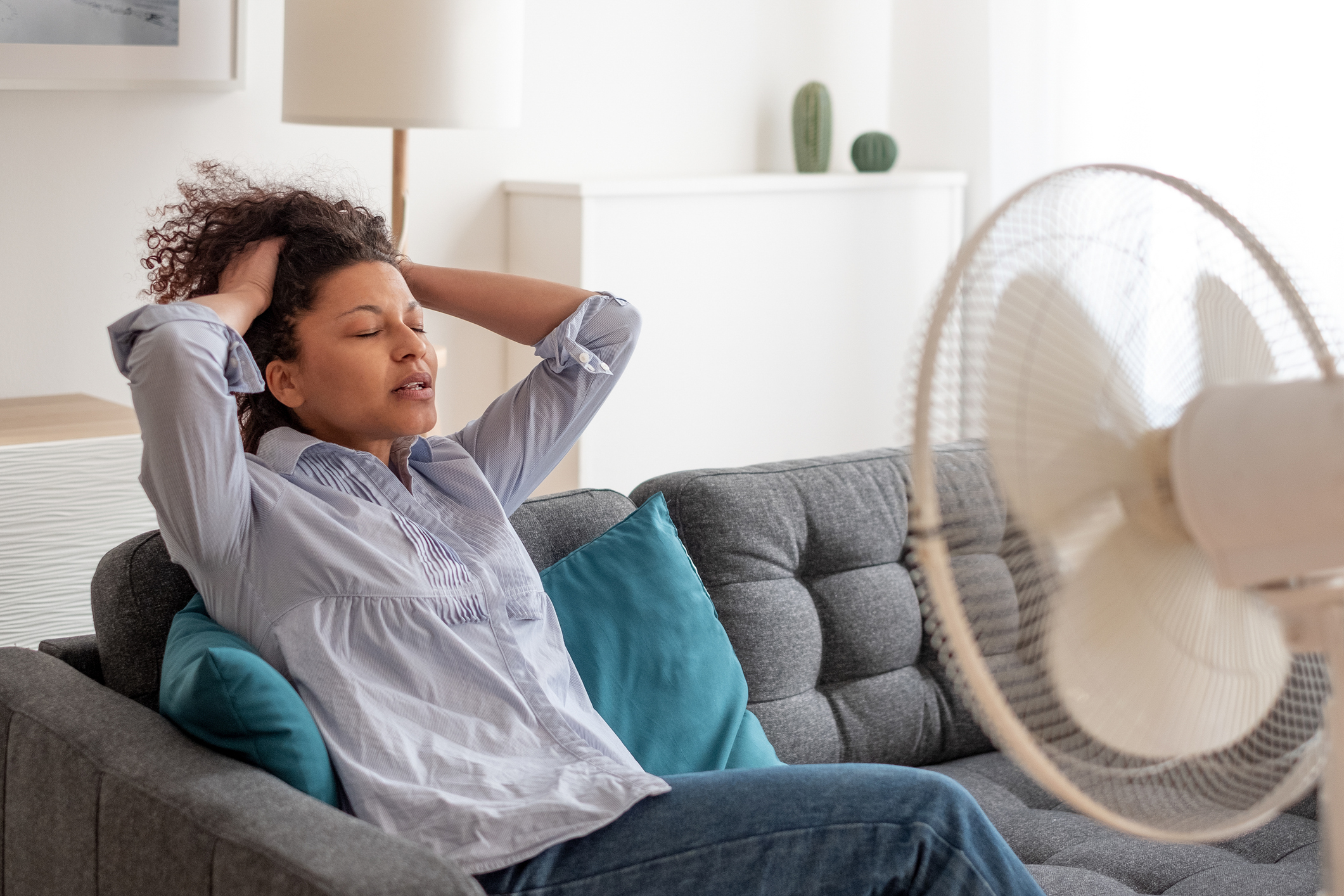Keeping your cool when it’s hot

Heat waves can be tough for us Minnesotans — but we’re not alone, and we’re pretty resourceful when it comes to dealing with extreme temperatures. When those thermometers rise it’s not uncommon for even the hardiest folks lose their cool. Thankfully, there are ways to maintain a comfortable internal temperature AND keep calm, cool, and collected during hot weather.
“Extreme heat is hard on everyone, regardless of how resilient you are,” explains clinical health psychologist, Dr. Kristi White. “For people with certain mental health and medical concerns, extreme heat can take an even bigger toll. This can be due to certain medications and conditions that limit the body’s ability to temperature regulate.”
Extreme heat also has a disproportionate impact on the health and well-being of people who live in neighborhoods or work in places without shade, access to green space, or cooling spaces.
“Research has also shown that hotter temperatures are associated with poorer sleep, worsening mental health symptoms, and increased medical events,” said Dr. White. “With climate change contributing to worsening heat waves, we can expect that we will need to take steps to adapt and cope with these types of events going forward.”
There’s no dispute that staying cool and hydrated are the best ways to cope with the hot weather. In addition to lowering your risk for stress, taking care of yourself during can help you avoid hyperthermia, which can be life-threatening.
Hennepin Healthcare professionals want to remind everyone that the best way to avoid heat-related medical problems is to:
- Stay cool – if you don’t have air conditioning in your home, go to a shopping mall, restaurant, library or movie theater to stay cool. Seek out shade and green spaces if going indoors is not an option. Research has shown that trees and vegetation can help mitigate the urban heat island effect and can offer spaces that are several degrees cooler than places without vegetation.
- Drink plenty of water (even if you’re not thirsty!). Avoid drinking alcohol!
- Check on elderly friends and family members or those who have health concerns to make sure they are adequately hydrated and cared for.
- Avoid heavy exercise – especially during the hottest times of the day.
- Seek medical attention if you have these signs of hyperthermia: confusion, inability to perspire, combativeness, fainting, rapid pulse, flushed skin, delirium.

